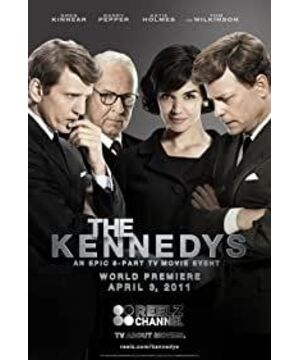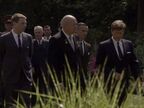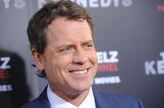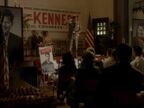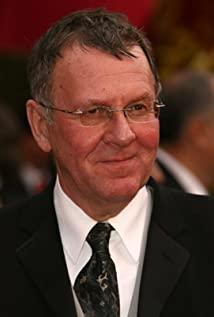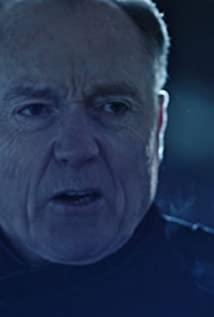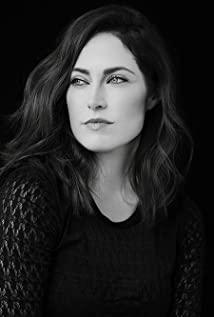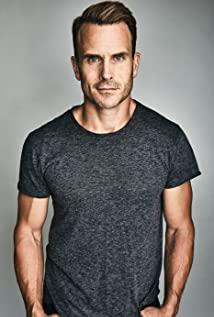Sort out the responses in the short comments.
I don't think the historical fact is the biggest problem in this drama. The biggest problem is that the portrayal of the relationship between the characters is very inaccurate. Take the portrayal of the father-son relationship between JFK and Old Joseph. Speaking of old Joseph's ambition, his promotion and support of JFK, not to mention JFK's own motivation and his resistance to his father. In fact, many of the big moments in JFK's life were choices he made against the wishes of old Joseph. For example, the decision to go to the front line during World War II, old Joseph has always been firmly opposed, JFK went to the front line through the back door of his grandfather (John. There is also JFK's first congressional election in 1946. Although it was funded by old Joseph, the entire election was mainly organized by his own comrades in World War II, classmates and other young people. The reason why he found these "own people" is to Confront and balance the power of his father and grandfather. Another example is the risky back surgery in 1954 and the 1956 contest for the Democratic Party's vice-presidential nomination, all against the wishes of old Joseph. Furthermore, the Kennedy family was very politically right-leaning and conservative in the old Joseph era. It was from the JFK that it gradually turned to the left, and later became the representative of left-wing liberalism. None of the above is shown in the play. It can be said that it is the selective tailoring of the history by the director, which makes the character positioning very inaccurate.
JFK himself did not lack political interest and motivation. He studied political science at Harvard and Stanford for five years from 1936 to 1941, published a book on British appeasement policy, and interviewed as a journalist in 1945. After the San Francisco Convention, the Potsdam Conference and the British general election, it can be said that his interests have never left politics. The reason why I didn't think about running for election at first was because I had an older brother who also wanted to be in politics, and the other reason was due to long-term poor health (I was diagnosed with Addisons' disease in 1947, when the doctor gave me only 1 year of life). But even if his brother hadn't died, even if he wasn't in electoral politics, I think he would have gone into politics.
And the unconfirmed rumors like Monroe, which were filmed as real, still occupy so much space in the play, how could it not be returned by the History Channel.
For the description of the Cuban missile crisis process, there is no reference to the already released recordings of the White House meeting. The dialogues at the meeting are all made up, and this kind of play is still required when there is an accurate historical record.
Also, during the Cuban Missile Crisis, Jacqueline was by JFK's side almost all the time, rather than returning until the crisis was over because of the awkwardness as depicted in the show. After the crisis, JFK gave each of the executive committee members involved in crisis management a small silver calendar made at Tiffany's to thank them for their assistance, and also gave Jacqueline one.
There is also a fundamental deviation, no matter whether any biography is praise or criticism of JFK himself, never deny a bit of "He loved being president", he loves his job. In this play, he was written as if he was unfortunately born in an emperor's family and reluctantly inherited the throne.
View more about The Kennedys reviews


